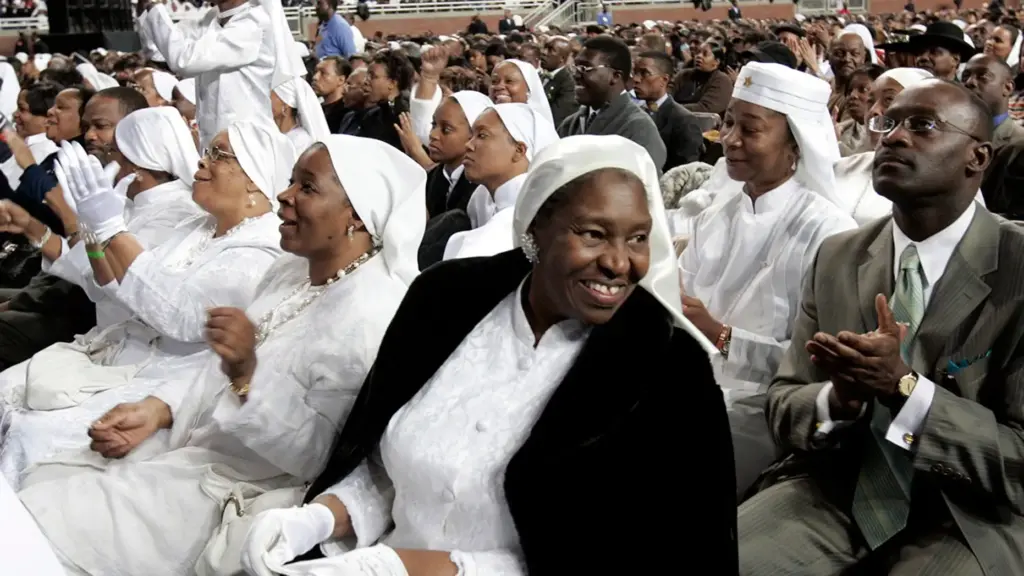A progressive religious community in Ireland with historic roots in Puritan dissent and a philosophy of freedom, reason, and tolerance.
Introduction
The Unitarian Church in Ireland, with congregations in Dublin and Cork, is part of the larger Unitarian movement, known for its liberal religious outlook and emphasis on personal freedom in spiritual exploration. The Dublin congregation, located at St. Stephen’s Green, has historical connections dating back to the arrival of English Puritans in Ireland during the late 16th and early 17th centuries.
History
The Unitarian Church in Ireland’s origins can be traced back to the Puritan settlers who brought with them a tradition of dissent from established religious orthodoxy. Over time, these congregations evolved and merged, leading to the establishment of Unitarian communities. Notable for their rejection of traditional Christian doctrines like the Trinity, these congregations were initially known as Protestant Dissenters or Presbyterians. By the mid-19th century, they began to publicly identify themselves as Unitarians.
Beliefs and Practices
Unitarianism in Ireland, like its global counterparts, is characterized by a lack of fixed doctrines or dogmas. The movement encourages individual exploration of truth and meaning, drawing on teachings from various religions and philosophies. Central to Unitarianism is the concept of freedom in religious belief, the pursuit of intellectual and spiritual growth, and a commitment to social justice.
The Dublin Unitarian Church
The Dublin Unitarian Church, established in the mid-19th century, is situated in St. Stephen’s Green. This congregation merged with another Unitarian community from Eustace Street in 1867. The church building itself is a significant historic and architectural landmark, hosting various community events and religious services. Its liberal Christian orientation integrates insights from other religious traditions, reflecting a diverse and inclusive approach to spirituality.
Community Engagement
The Unitarian Church in Ireland is active in community service and social justice initiatives. It participates in refugee resettlement programs, supports residents in direct provision centers, and contributes to various charities. The church also engages in peace and justice initiatives, demonstrating its commitment to social responsibility.
Notable Figures and Events
Throughout its history, the Unitarian Church in Ireland has been associated with several notable figures and historical events. Members have been involved in significant Irish movements, including the United Irishmen and the events of 1798. The church has also been a venue for key cultural and social gatherings.
Current Status
Today, the Unitarian Church in Ireland maintains connections with Unitarian communities worldwide, including the Non-Subscribing Presbyterian Church of Ireland, the General Assembly of Unitarian and Free Christian Churches, and the Unitarian Universalist Association in the USA. It continues to offer a space for free religious expression and community engagement in both Dublin and Cork.




